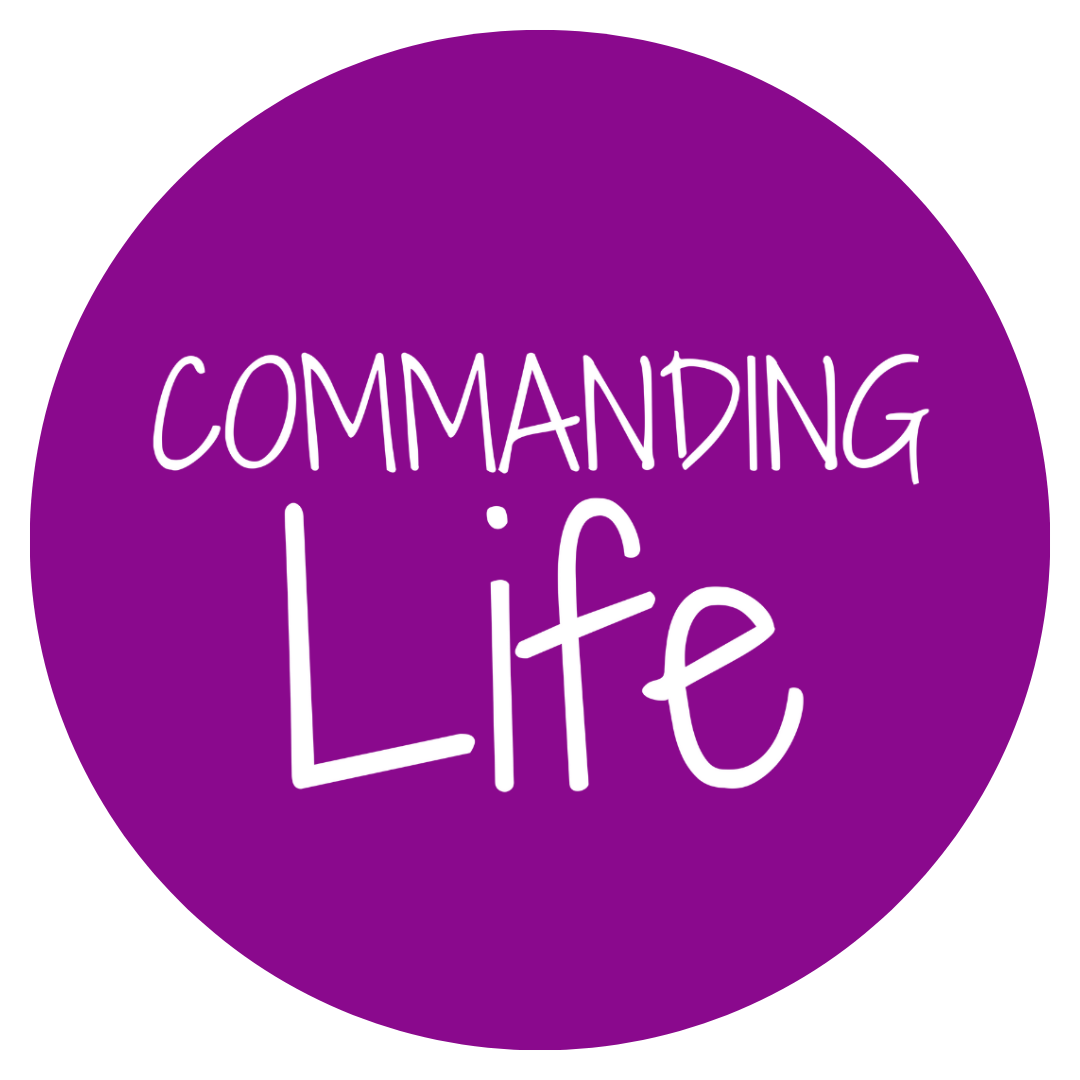
According to a Harvard study, most people spend almost 50 percent of their awake time not concentrating on what they are doing but thinking about the past or the future. This lack of mental focus can be the root cause of worry and other emotional imbalances. Paying attention to what drains your energy is a great place to start. For example, agonizing about having to work and not getting enough rest can be frustrating and unsettling. To combat the imbalance, we encourage you to take a step back and focus on the present moment as much as you can. Make everything you do be centered on the action taken in every moment. If you are working, do just that - work. If you are relaxing, do just that – rest. Calibrating your life to be more fulfilling takes effort. Here are a few tips on staying present and reducing the emotional struggle that leads to imbalance.
Slow down.
Try your best to slow down as much as you can. When you slow down, you practice doing things at a relaxed and calm pace. This will probably not take you much longer than if you do it quickly, but it will help you stay present. Focusing on what you are doing enables you to concentrate on the task and reduce the mind clutter. The more your thoughts wander, the more likely you are to feel stressed. Slowing down helps you find joy in what is in front of you.
Fully engage in one undertaking at a time.
Focus on where you are and what you are doing. Don't let the long list of to-dos get to you; concentrate on completing one task at a time, then move onto the next. This keeps you engaged in the now. You might just find many things you do that you never realized you enjoyed—for example, some people like washing the dishes because it relaxes them. Engaging shows you what you mentally or emotionally gain from a task.
Narrate what you are doing in your mind.
Part of being present is avoiding the "what is not" mind chatter. Do your best to continually change the conversation in your mind by narrating what you are doing. As you do your day to day tasks, say to yourself, "Now I am doing X." For example, if you are brushing your teeth, say: "Now I am brushing my teeth." This practice can keep you from drifting away to the future or past, and when you do, just bring yourself back with the narration. You don't have to do this all day, only when you need to reset your mind to the present.
Morning routines can change your entire day.
What you do when you first wake up can determine the tone for your day. Start a new routine and build on it as you perfect one piece at a time. Exercises can keep you focused and concentrating on new habits. Morning customs can include some or all of the following:
Meditation – spend time focusing inward and finding what you need to create more.
Journaling – write down the thoughts that can limit and encourage you. Facing your thoughts on paper can help you resolve and process through them.
Exercising – this can include a morning walk as well.
Creating – this can include gratitude lists, an affirmation for the day, poetry, drawing, anything that helps you relax or change your mood.
Feeling – focusing on how you want to feel is key. Every morning ask yourself, "how do you want to feel today?" and "what can you do to create that feeling?"
This list can be extended; remember it is your routine, try new things, and find what works best for you. Some or all of these can help you create a solution to your reality at the moment. Being present is the best way forward. Our Commanding Life journals can help.
That's it for this week. Until next time.

